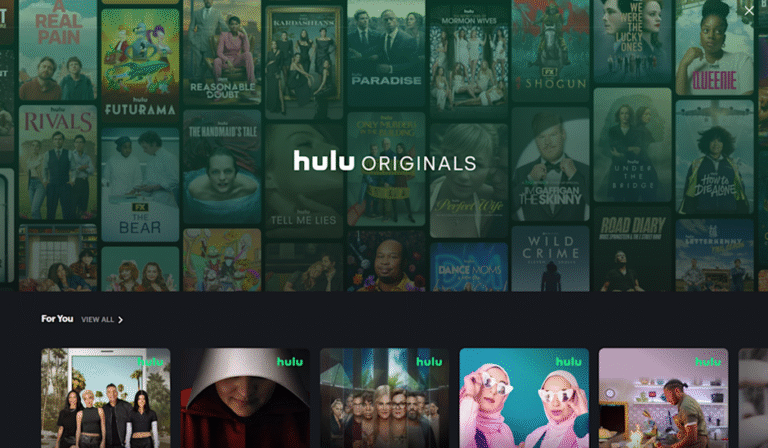Graduation Season and Job Market Challenges
In recent weeks, countless students across the U.S. celebrated earning their diplomas, a major life achievement. Yet, for many, the true challenge lies ahead: landing a job relevant to their field of study. The current job market presents unique difficulties, shaped by the rapid growth of artificial intelligence and the uncertainty surrounding tariffs imposed under President Donald Trump’s administration. These factors have especially impacted tech-related job opportunities, making the landscape more competitive than in recent years.

Current Job Market Snapshot
Despite these challenges, the job market isn’t entirely grim. The U.S. Bureau of Labor Statistics reported 7.2 million job openings in March, roughly matching the levels seen before the pandemic. However, caution is warranted as some indicators are shifting. Unemployment rose slightly over the last year, and initial jobless claims recently hit a higher-than-expected 240,000 for the week ending May 24. Even more concerning for new graduates is the rise in continued jobless claims, now at the highest point since 2021. This suggests that workers losing jobs are facing more difficulty finding new employment.
Impact of Tariffs and Business Uncertainty
Fluctuating tariff policies—recently affected by a court ruling blocking many—have injected further uncertainty into the job market. Many businesses are hesitating to make staffing decisions amid this unpredictability, which directly affects hiring for new graduates. Economist Allison Shrivastava from Indeed’s Hiring Lab highlights that new grads are entering a job market clouded by uncertainty, with fewer reliable paths into their chosen careers. Job openings are often concentrated in fields unrelated to graduates’ majors or interests.
Mismatch Between Job Openings and Graduate Aspirations
While there are millions of job postings, many entry-level positions require little experience and do not demand a college degree. This creates a disconnect for recent grads hoping to leverage their education into relevant career roles. Indeed’s data shows that many of the most in-demand jobs don’t align with typical college degrees, leaving graduates to reconsider their options.
Artificial Intelligence and Its Effects on Job Availability
The rise of AI is another significant challenge. Over the last two decades, college enrollment soared in technology fields such as computer system design. However, since 2022, many tech roles have been among the first affected by AI automation, leading to fewer openings. Where pre-pandemic recent graduates typically enjoyed lower unemployment rates than the general workforce, that trend reversed after mid-2023. Now, unemployment among new grads is higher, contributing to an overall rise in the national rate.
Healthcare Jobs Remain Strong
In contrast, healthcare fields continue to offer abundant job opportunities. Health-related programs also saw enrollment increases over the past decade, and unlike tech, healthcare job demand remains strong. Medical careers dominate Indeed’s recent list of fastest-growing job postings, signaling sustained growth and opportunity in this sector.
Graduate Persistence and Job Search Strategies
Despite difficulties, many unemployed recent graduates remain actively searching for jobs, unlike older workers who may stop looking, which can skew unemployment statistics. This persistence offers a more realistic view of the job market’s challenges. Experts recommend that graduates consider internships as a way to gain experience and improve their chances. For instance, many pharmacy roles require internships for licensing, and other fields offer similar opportunities that align with a variety of degrees.
Long-Term Value of a College Degree
While the road to stable employment may be rocky, the value of a college degree remains clear. On average, individuals with bachelor’s degrees earn roughly $1 million more over their lifetimes compared to those with only a high school diploma, and about $500,000 more than those with an associate degree. College-educated workers also tend to withstand economic downturns better than less-educated workers often employed in service sectors such as retail or construction. This enduring advantage reinforces why a degree remains a vital investment, even amid shifting economic and technological landscapes.



